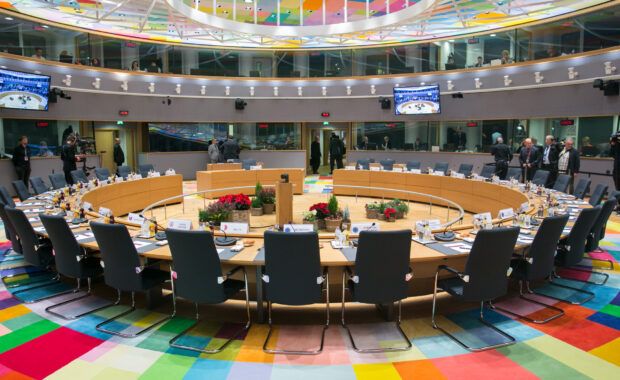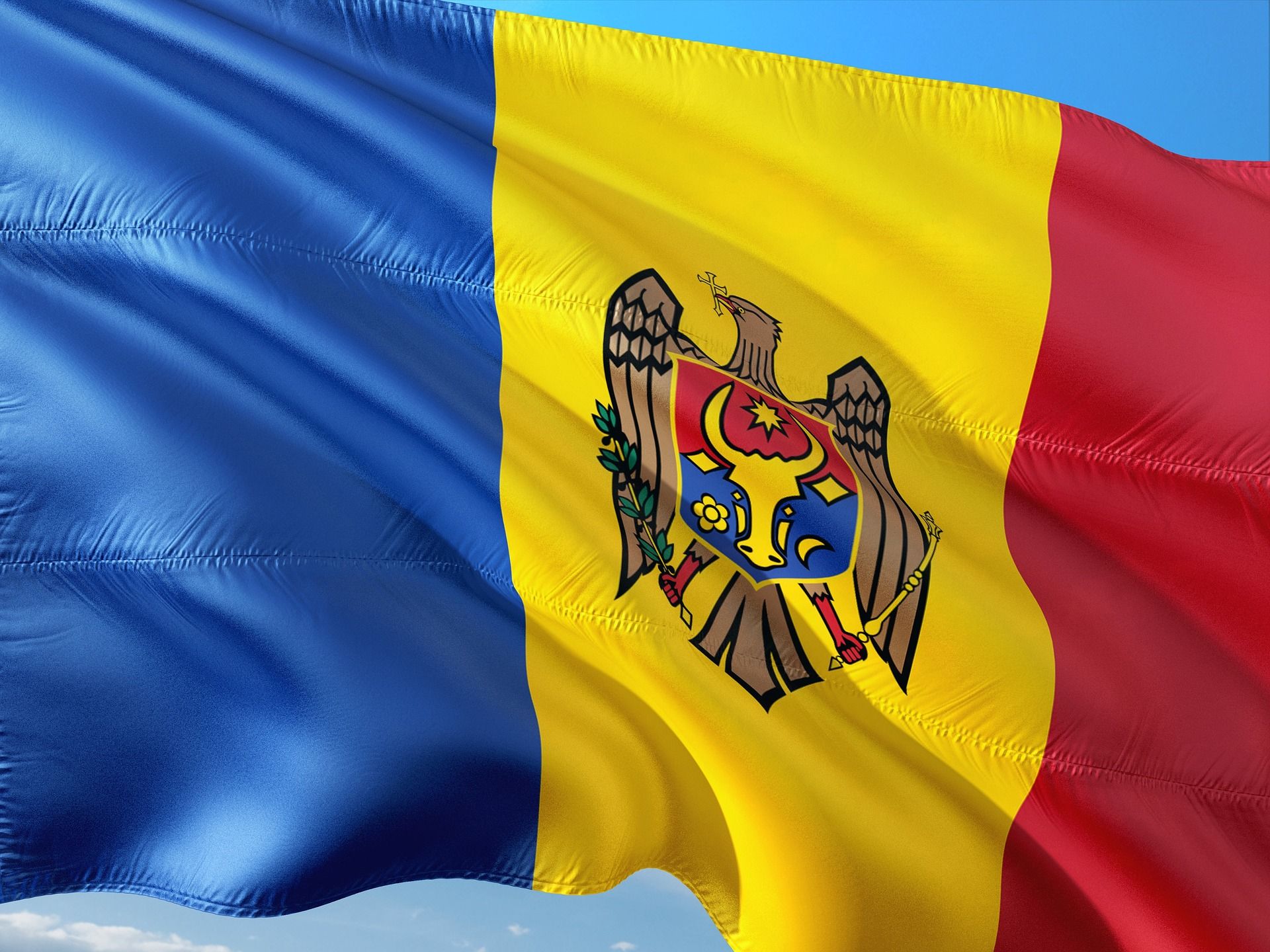A European Parliament delegation, which travelled to the Republic of Moldova against the backdrop of the worsening security situation in Europe, ended its visit on Saturday 2 April.
In Chișinău, seven members from the European Parliament’s Foreign Affairs Committee and Subcommittee on Security and Defence, led by Urmas Paet (Renew Europe, Estonia) and Nathalie Loiseau (Renew Europe, France), met with Moldova’s top political leadership, including President Maia Sandu, Speaker of the Parliament Igor Grosu, Prime Minister Natalia Gavrilița, and Defence Minister Anatolie Nosatîi.
During their visit, which took place from 31 March to 2 April, MEPs praised the generosity of the Moldovan people for hosting large numbers of Ukrainian refugees. They called on the EU to continue scaling up its efforts to support Moldova in providing shelter and help for the large number of refugees fleeing from the Russian aggression.
The delegation expressed the European Parliament’s solidarity with the people and authorities in Moldova amid a worsening security situation in eastern Europe. The European Parliament is visibly active in the region through its parliamentary diplomacy, which included the visit by Parliament’s President Roberta Metsola to the Ukrainian capital Kyiv.

Moldova: Council adopts decision to sign agreement for Frontex operational support in light of Russia’s invasion of Ukraine
|
Stronger cooperation to combat cyber threats and fight disinformation
In their exchanges, MEPs addressed several possible repercussions of the Russian invasion of Ukraine on neighbouring countries like Moldova. They also discussed a variety of other related risks currently facing the country, especially in the energy and cyber security spheres, and underlined the need for the EU to assist Moldova in increasing its energy security arrangements and resilience to hybrid threats, in particular cyber attacks and disinformation.
With regard to Moldova’s recent formal application to join the European Union, Members voiced support for the pro-European government and its chosen reform-path to bring the country closer to the EU.
MEPs discussed with the Moldovan Parliament the follow-up to the Memorandum of Understanding between the two institutions and announced that the European Parliament’s Democracy Support Group would visit. The objective will be to assess possible enhanced parliamentary democracy support measures, including in the areas of information security, tackling cyber attacks and disinformation and strengthening overall capacities and resilience of the Moldovan Parliament.
Besides Chișinău, the delegation visited Palanca, a village on the border with Ukraine and host centre for Ukrainians fleeing Russian aggression. At the border, Members were briefed by Moldovan border authorities on the humanitarian situation for refugees in the area and border management practices, and exchanged views with representatives of the European Union Border Assistance Mission to Moldova and Ukraine (EUBAM) and the UN refugee agency UNHCR.
Quotes
“The consequences of Russia’s aggression against Ukraine are strongly felt in Moldova, and the country is a very important recipient of Ukrainian war refugees. As such, Moldova has the full support of the European Union, both politically and economically,” said Urmas Paet.
“The EU should stand in solidarity with Moldova in these difficult times. Both when it comes to providing help to refugees in the country and strengthening its resilience against Russian cyber and disinformation attacks, the EU must support Moldova”, said Nathalie Loiseau.
More information: European Parliament







Leave a Reply